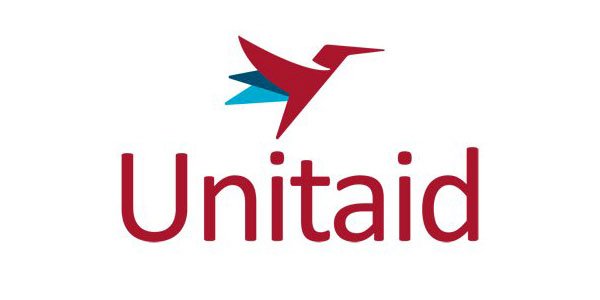Scientific and practical resources
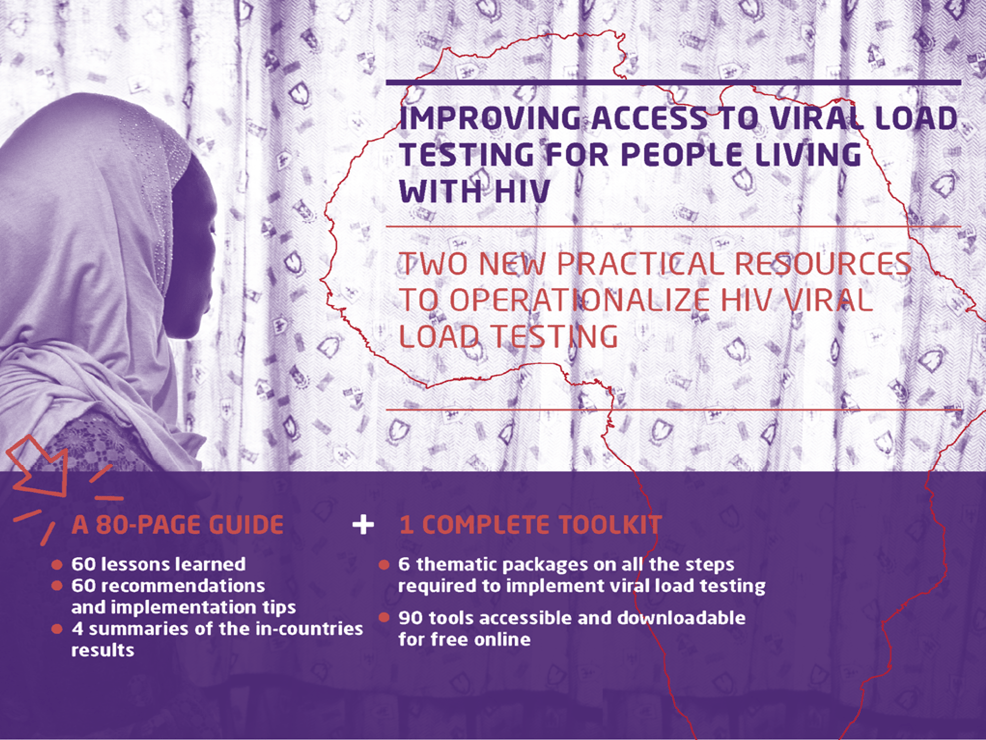
The Project
For People living with HIV, Viral load testing is an essential tool to measure the effectiveness of their antiretroviral treatment and to be alerted in case of therapeutic failure and adapt their treatment. An undetectable viral load also helps to avoid the risk of transmission. The test is recommended for any HIV patient on ARV treatment. However, its access is still very limited in sub-Saharan African countries.
Since the beginning, the OPP-ERA project was built as a contribution to the global strategy against HIV/AIDS, including UNAIDS targets 90-90-90, and particularly the “3rd 90”: to reach 90% of patients on antiretroviral treatment who have an undetectable viral load by 2020 . The OPP-ERA project has thus contributed to improving the regular access and use of viral load testing in 4 West and Central African countries.
The project was supported and financed by Unitaid, implemented by a consortium led by Solthis, responsible for operational coordination and implementation in Guinea; ANRS as co-funder and head of the scientific coordination; Expertise France responsible for the project implementation in Côte d’Ivoire and Cameroon; and Sidaction in Burundi.
Results
From 2013 to 2019, the OPP-ERA project increased access to viral load testing and integrated them into the public health systems of the four countries of intervention by creating the necessary conditions: functional molecular biology units, trained health personnel, continuous availability of the health products needed to achieve the test, systems for collecting samples and reporting organized results, engaged health authorities and patients acting for their health.

11
Laboratories rehabilitated, equipped and functional

300
trained health professionals
(clinicians, procurement experts, laboratory technicians)

+ more than 81%
of patients have an undetectable viral load
and up to 88% on some sites

+ over 230,000
realized viral load tests
The project’s partners testify
The project in the media
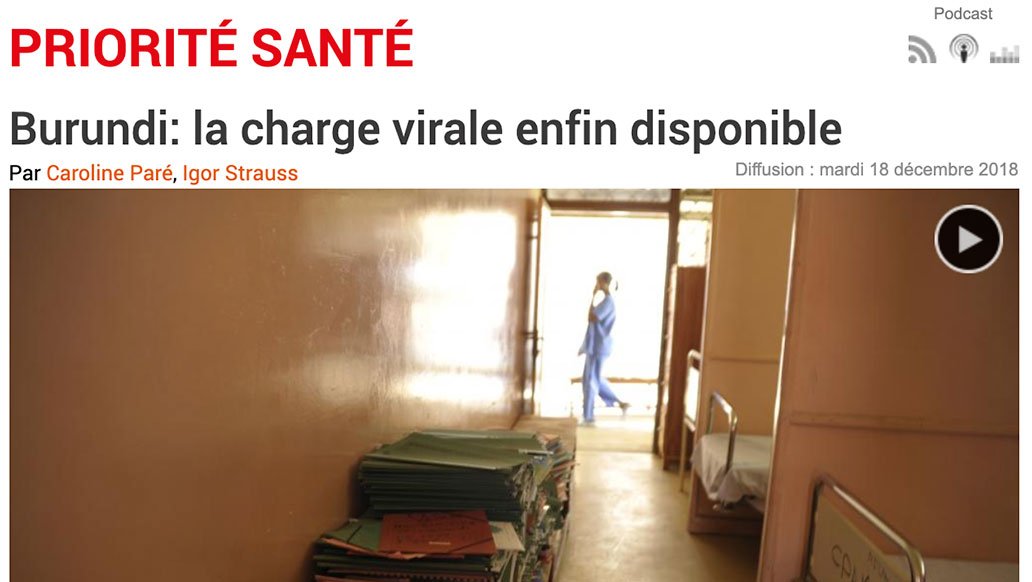
The key moments of the project OPP-ERA from 2014 to 2019
The project’s partners
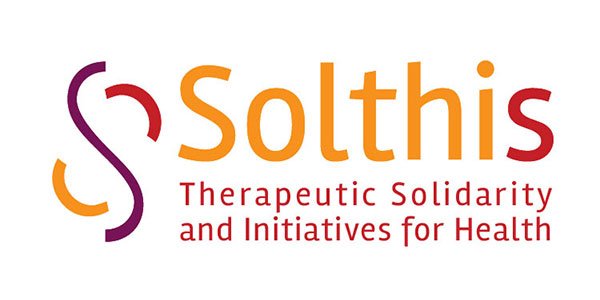
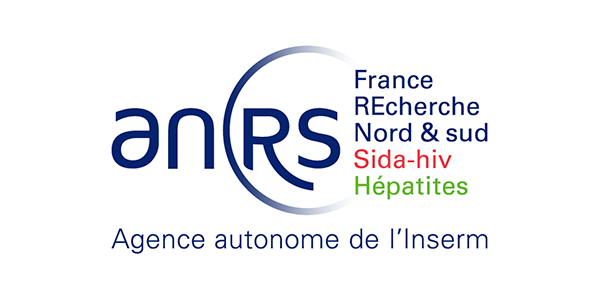

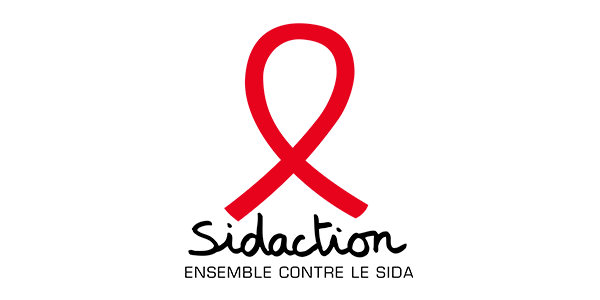
Supported
and funded by
